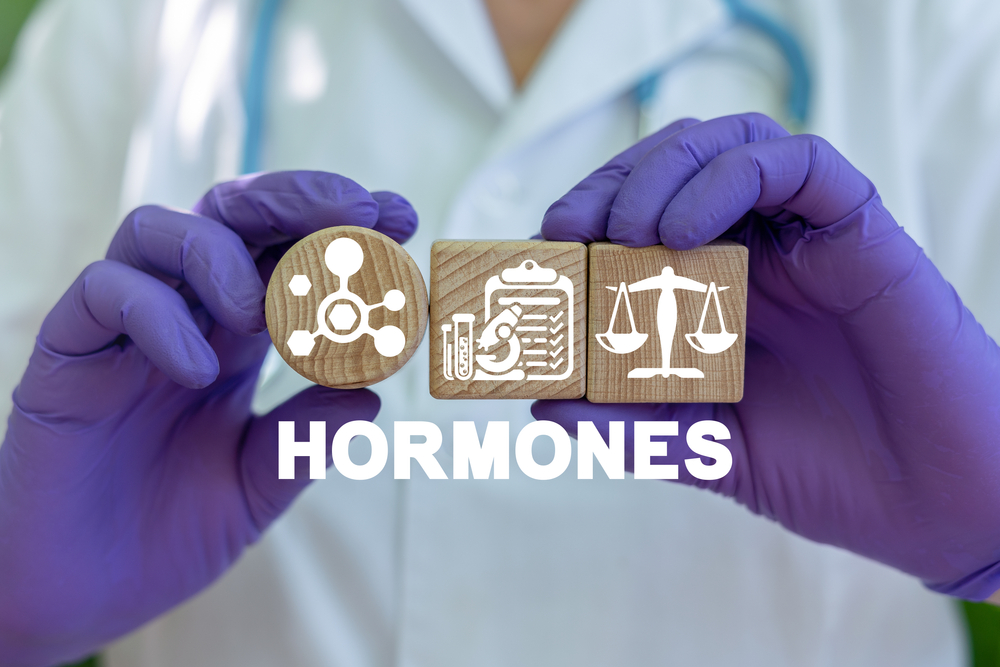Hormones are chemical messengers that travel through the bloodstream. They make their way to different tissues and organs in the body where they control how they work. They each play important roles, some in fertility while others affect our appetite, mood, sleep, and growth.
As humans, we naturally produce these hormones in the right amounts. This can decrease with age and be more drastic for some than it is for others. A sedentary lifestyle and poor diet can also affect hormonal health and result in imbalance.
What is a Hormonal Imbalance?
A hormonal imbalance is when your body has too little or too much of a hormone. It can be caused by a range of factors from your diet (as touched on earlier) and can potentially lead to fertility issues. It can also be put down to abnormally high stress levels, a lack of sleep and underlying health conditions like diabetes and thyroid problems. The menopause, or the long approach to it, could be another reason. This is when your fertility hormones naturally decrease, and your periods come to an end.
Protein
Protein is essential for a balanced diet. It gives the body its “building blocks” known as amino acids that are needed for growth and repair. For females with a hormonal imbalance, replacing some animal proteins with those that are plant based might help. In a study which looked at 18,555 women, it was found that consuming plant based protein helped to reduce ovulatory infertility by 50%. This study is sometimes referenced by dieticians but is observational only. It may also reflect a self-selecting population so will not be the answer for everyone, particularly not for those who already have a good diet.
Fat
Research has also shown that consuming full fat dairy products can help to reduce the chance of OI (ovulation infertility).
Exercise
Exercise can help to improve a person’s overall health and treat hormonal imbalance. Increasing the heart rate through exercise for a duration of 30 minutes a day can boost the body’s oestrogen and help with ovulation. It can also improve hormone receptor sensitivity which, in other words, concerns cellular responses to hormones. But only for those who do not partake of enough exercise in the first place; some people over-exercise and for these people cutting back on excessive exercise is all that is required to restore hormonal balance.
Gut Friendly Foods
Some refer to the gut as the second brain as it is what the enteric nervous system relies on. When its health becomes compromised, hormonal imbalances can occur as the microbiome heavily influences oestrogen production. There are even studies to suggest that the risk of oestrogen-related diseases such as PCOS is increased by poor gut health. Taking foods that increase its microbial diversity can help. These are foods such as kefir, kimchi, sourdough, almonds, and olive oil.
The key to correcting hormonal balances is the “balance” part, sometimes it is caused by too much and sometimes it is by too little. If you’re looking to start a family and would like to know whether a hormonal imbalance is something that you suffer from, we can help through hormonal testing. Get in touch to learn more.

